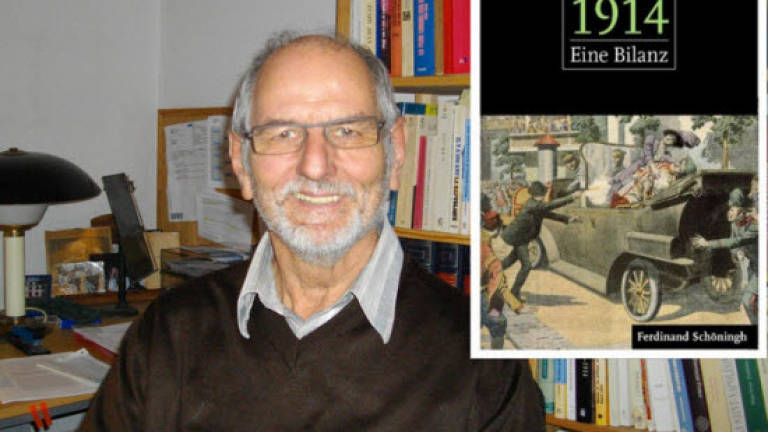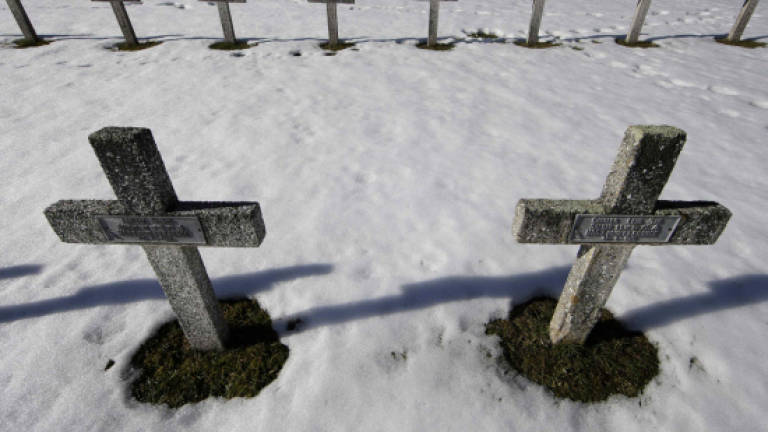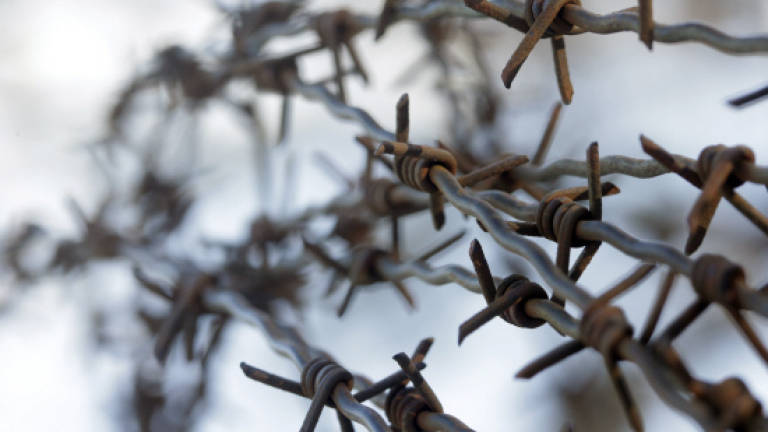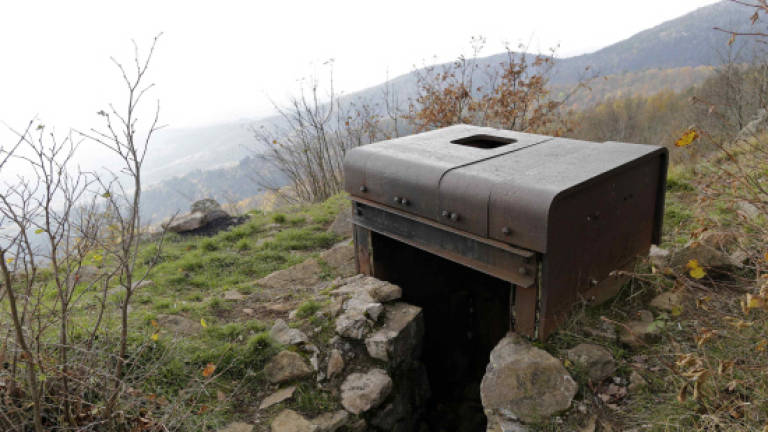The historians' view: why no shared memory of Great War






PARIS: The lack of a single European event marking the Great War's centenary reveals how differently the warring parties remember the conflict.
Historians John Horne of Trinity College, Dublin, Gerd Krumeich of Dusseldorf University and Annette Becker of Paris-Ouest Nanterre University offer their explanations.
JOHN HORNE: "Countries have always remembered the war first and foremost from a national perspective. Memories of the conflict were strongest among the victors of the Western Front, especially France and Britain. That is also true of the former British dominions: Australia, New Zealand and Canada forged their national identity in Gallipoli and Ypres, at the Somme and in Palestine.
For Germany the opposite is true. Germany before 1939 was obsessed by a conflict that cost it more than two million lives and a humiliating defeat. But Germany's collective memory was later taken over by the greater disaster of World War II.
You could go on and on retracing all the different national memories, from that of Hungary haunted by the 1918 defeat that fixed its diminished modern-day borders, to the Soviet Union that refused to commemorate what it saw as an imperialist war, whose sole merit was to have sparked the Bolshevik Revolution.
Poland is another case: in 1914 it was divided between Germany, Austria and Russia, and the Poles fought on opposing sides. Independent Poland was directly born of the Great War, but the new state had to fight and win its own wars to determine its borders with Lithuania and Ukraine in 1919, then with Russia in 1920. The ashes at the Tomb of the Unknown Soldier in Warsaw come not from World War I in which more than 400,000 Poles died, but from the Battle of Lwow (modern-day Lviv, now in western Ukraine) in the conflict with Ukraine. The Great War itself remains a forgotten conflict in the country."
GERD KRUMEICH: "The war's memory is still very much alive in Britain and France, in Australia, New Zealand and Canada. The war's memory was lost in Austria, suppressed in Russia, and reemergent in Poland, Greece, Bulgaria and Romania.
In Germany, it is well known that the Great War was the decisive event of the 20th century, often referred to as the 'original disaster'. But the memory of the war itself is faint. Losing the war amid humiliation and political infighting made it impossible to come together to mourn the dead. Then World War II came along and smothered the memory of the first conflict."
ANNETTE BECKER: "Europeans shared in mourning the dead, the lives destroyed and the loss of illusions. But beyond that, the memory of the war was built differently from country to country. There is absolutely no shared memory between the warring nations, and sometimes not even within the countries themselves. In parts of France occupied in World War I, the war is keenly remembered a century on, as much due to the brutal German occupation as to the lack of understanding the rest of France showed them during and after the war. Even in a country like France there is no single memory, so imagine the differences between the war's winners and losers.
Germany finds it near-impossible to remember the conflict, because it was defeated but also because its memory was eclipsed by the cataclysm of World War II and the extermination of the Jews.
The Turks meanwhile are forever hearing about World War I in reference to the Armenians -- when they would rather remember the Ottoman victory over the Allies at Gallipoli in 1915, seen as a founding moment for modern Turkey. They are caught between the two events." – AFP